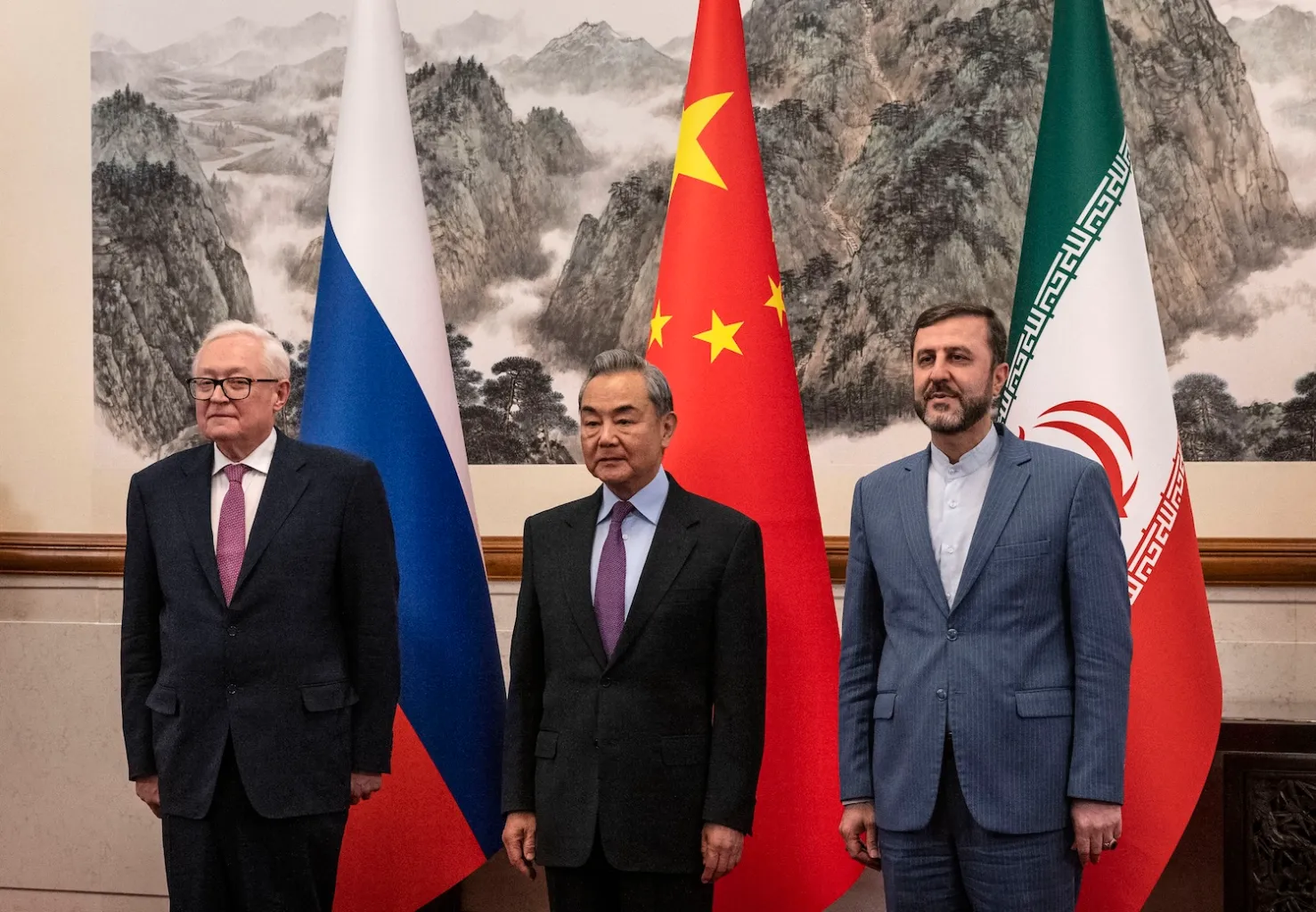Tehran, Moscow and Beijing in a joint diplomatic offensive have formally notified the United Nations that the nuclear accord known as the JCPOA is terminated and challenged the continuing mandate of the IAEA to monitor Iran under the framework of UN Security Council Resolution 2231.
In a letter addressed to UN Secretary-General António Guterres and the Security Council, the three governments declared that “all its provisions are terminated after 18 October 2025,” invoking operative paragraph 8 of Resolution 2231 to argue that the Council’s consideration of Iran’s nuclear file should now cease. They sharply criticized the so-called “snapback” push by Britain, France and Germany (the E3), calling it “legally and procedurally flawed” and asserting that those states had forfeited standing under the agreement by failing to uphold their own commitments.
In parallel, the three countries dispatched a letter to IAEA Director General Rafael Grossi, asserting that with the expiration of Resolution 2231, the IAEA’s mandate to report verification under that resolution has lapsed. The letter argues that future monitoring should fall back to the IAEA Board’s 2015 Board decision GOV/2015/72, which remains in place.
The move marks a dramatic escalation in Iran’s push to reclaim full autonomy over its nuclear program and to dismantle the institutional constraints imposed by the JCPOA era. Iran, Russia, and China are betting that the expiration of 2231 built into the architecture of the deal gives them legal cover to reject renewed sanctions or supervision.
Western powers and the IAEA, however, are unlikely to accept the termination as uncontested. The E3 and others have argued that efforts to snap back sanctions remain valid so long as Iran continues nuclear activities inconsistent with its obligations.





